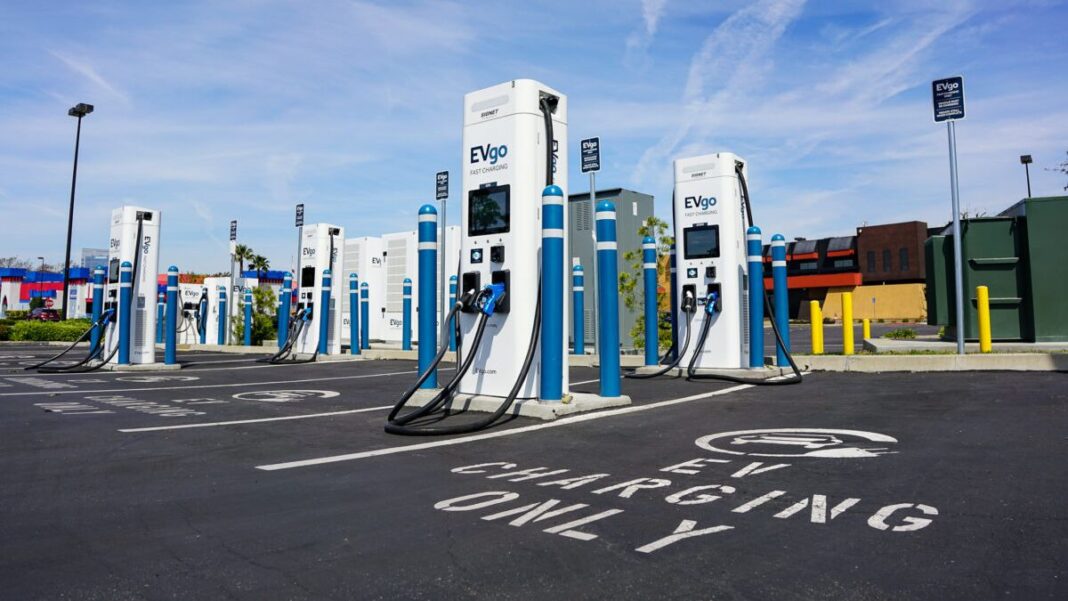Risks of the EV road trip: from stolen credit card data to power grid blackouts
As Americans head out on vacation this summer, more and more of them are hitting the road in electric vehicles.
Like it or not, that trend looks like it will continue as states like Virginia and Washington follow California’s lead in imposing 100 percent electric vehicle (EV) sales timelines.
Falling EV prices are predicted to open the market to less affluent drivers.
Meanwhile, Ford Motor announced this week that it has agreed to a massive $9.2 billion federal loan to build three electric vehicle plants as part of President Joe Biden’s push to supercharge EV production.
A rapidly expanding EV charging infrastructure supports the vehicles’ growth spurt.
However, the charging stations come with major security risks, experts say, giving the “silent majority” who aren’t on board with wholesale EV adoption yet another reason to be skeptical.
An Increasing Number of Cyber Attacks
With the rapid growth and evolving technology of EV infrastructure, the United States and Europe are seeing an increasing number of cyber-attacks related to EV charging systems.
Experts fear that security risks are keeping pace with the rapid expansion of EV charging stations across the United States, with hackers able to access drivers’ payment data and worse.
In a worst-case scenario, cyber terrorists could weaponize thousands of vehicles, taking control of them remotely in order to cause power grid blackouts.
According to the U.S. National Institute of Standards and Technology (NIST), EV charging stations collect sensitive information including payment data. Because they are connected to the power grid, an attack could have cascading effects on consumer privacy and on the grid itself.
Even with EV charging companies taking all known steps to protect charging systems, hackers can locate access points in communication channels, leaving chargers open to data tampering or even distributed denial of service (DDoS) attacks. What makes all of this even more nefarious is that attackers can be thousands of miles away.
By Masooma Haq

















































